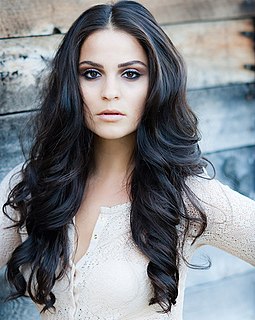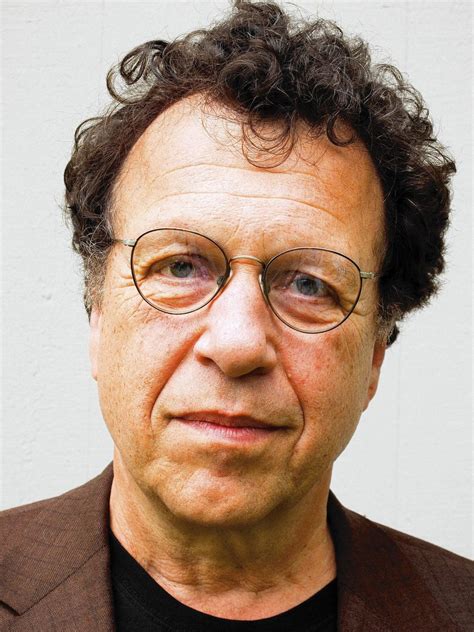A Quote by Joe Russo
I've had emotional experiences in VR that I haven't been able to have in two-dimensional experiences.
Quote Topics
Related Quotes
I have been shaped by the experiences of the people who are closest to me, by the things I've learned from [my wife] Martha, by my hopes and my concerns for my children, Philip and Laura, by the experiences of members of my family, who are getting older, by my sister's experiences as a trial lawyer in a profession that has traditionally been dominated by men.
I got letters from people that have had peculiar psychic experiences, experiences with the dead - sometimes fairly tranquil experiences and sometimes very terrifying experiences. I do believe that a lot of them are sincere. I do believe, also, that some of them may be misguided. But, I think the majority of them have experienced something.
There is also evidence from epidemiological studies that psychotic-like experiences are much more common than has hitherto been thought (with about 10% of the population affected) and that these experiences exist on continua with healthy or 'normal' functioning: instead of the world falling into two groups (the psychotic and the non-psychotic) people vary in their disposition to psychosis and only a minority of people who have these experiences require or seek help.
I believe life experiences are what an actor needs to relate to the character roles they take on, and to say the least, I've had many experiences leading up to this moment. Not only have my experiences become a tremendous asset in my acting, but also they helped me discover who I am and who I want to be.






































